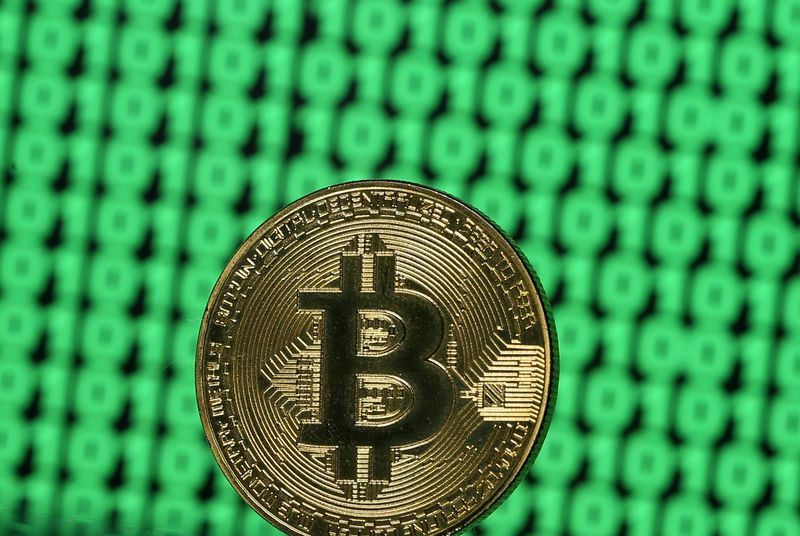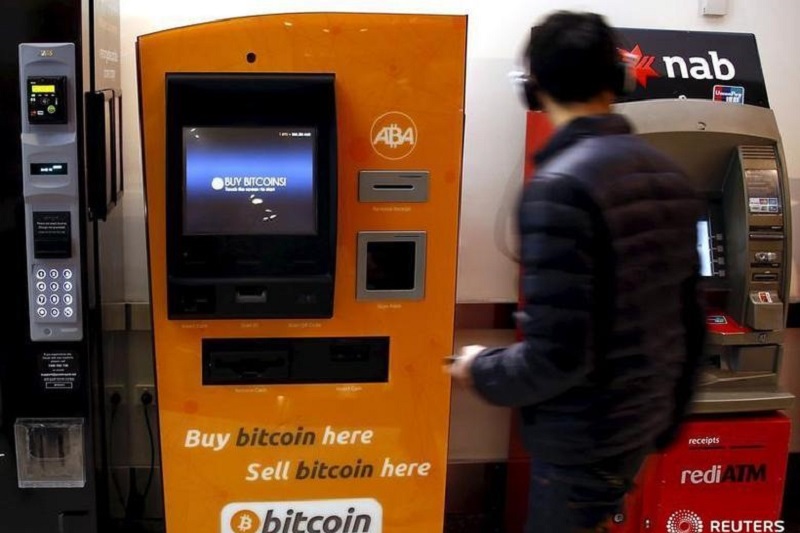U.Today – (BTC), the largest cryptocurrency by market cap, suffered a massive sell-off during the trading session on Sunday. The selling continued and Bitcoin hit an intraday low of $57,663 in the trading session on Monday.
At the time of writing, BTC had fallen 2.09% over the past 24 hours to $59,450, down from its high of $62,755 on Thursday.
According to on-chain analytics firm Lookonchain, institutions appear to have temporarily stopped buying BTC, which is partly contributing to the price drop.
In a tweet, Lookonchain wrote: “Institutions seem to have temporarily stopped buying and BTC price dropped 4.5% today. We noticed that institutions stopped receiving USDT from the Treasury and transferring it to exchanges 2 days ago.”
On-chain data suggests that Bitcoin's sharp rally to highs of $62,755 in Thursday's trading session could have triggered profit-taking. On-chain analytics firm Santiment wrote in a tweet that after “Bitcoin briefly crossed above $62,600, a +25% rally in just over 3 days. As usual, average traders have been surprised.”
Santiment further added that “the sudden surge in enthusiasm for potential BTC prices of $70,000 to $75,000 could be an important signal for BTC.”
A Bitcoin (BTC) plunge triggered a broader sell-off in the cryptocurrency market over the weekend as some traders looked for cues ahead of a busy week to adjust their positions.
Key releases expected this week
Amid ongoing uncertainties over the state of the US economy, investors were awaiting fresh inflation data due out this week.
The July producer price index, which tracks wholesale prices, will be released on Tuesday, followed by the consumer price index for the same month on Wednesday.
A Bitcoin (BTC) plunge triggered a broader sell-off in the cryptocurrency market over the weekend as some traders looked for cues ahead of a busy week to adjust their positions.
Investors will be keeping a close eye on inflation data following recent fears over whether the US economy will enter a recession and whether the Federal Reserve should have started cutting interest rates earlier to avoid a hard landing.
When the Fed met last month, it left rates on hold but signaled that a rate cut was possible in September, depending on economic data both in terms of inflation and labor market conditions.
This article was originally published on U.Today










